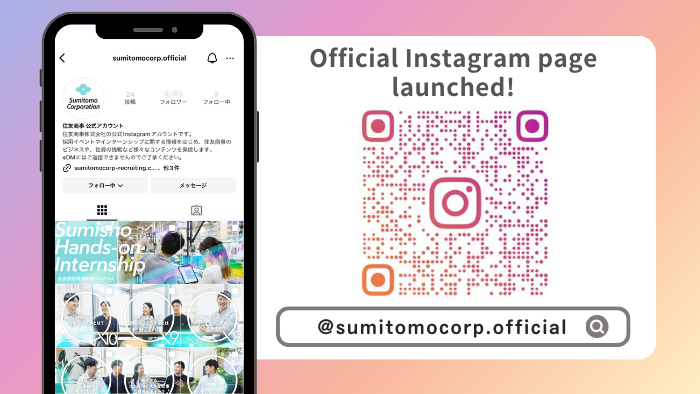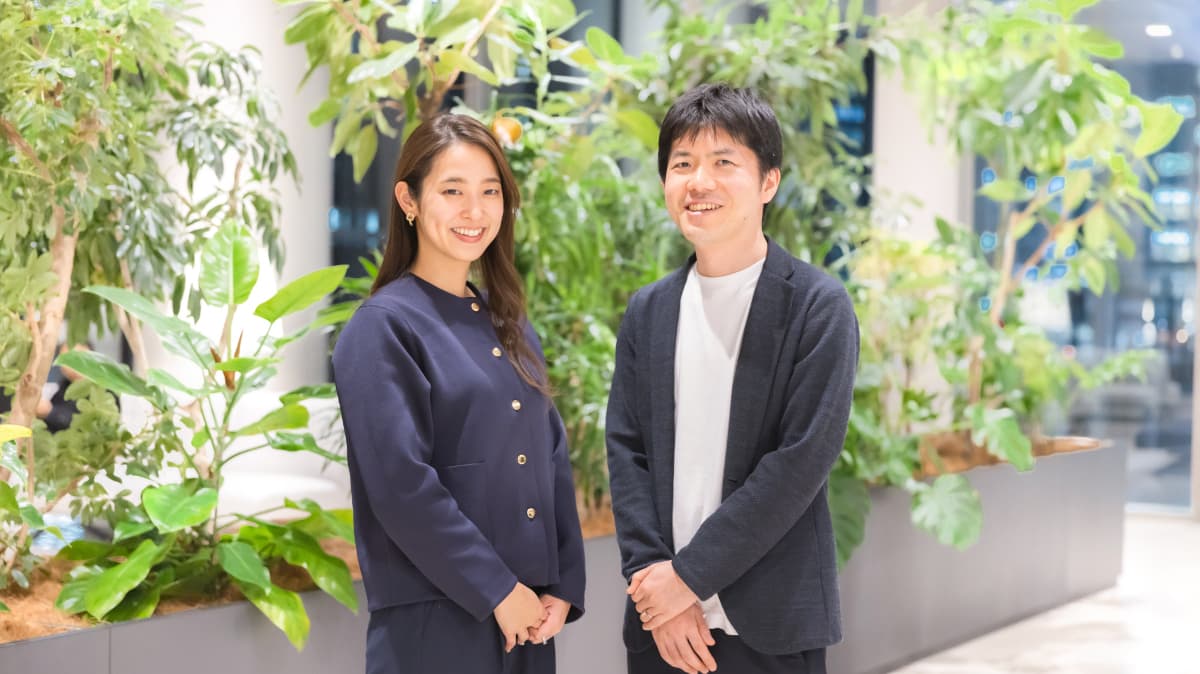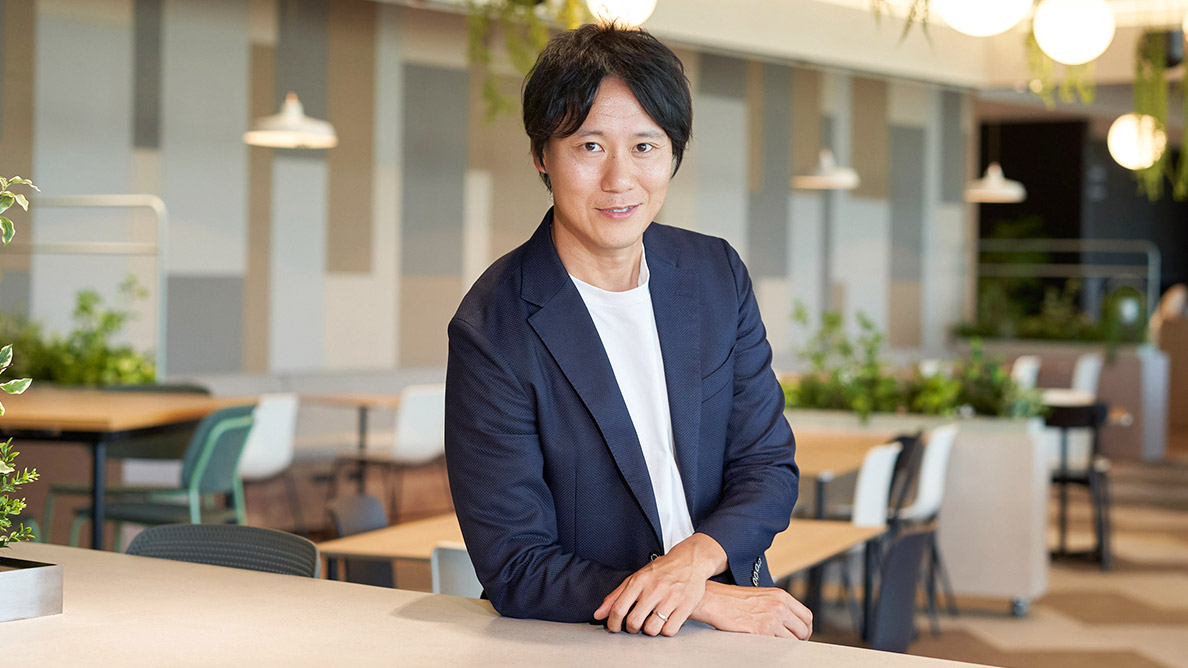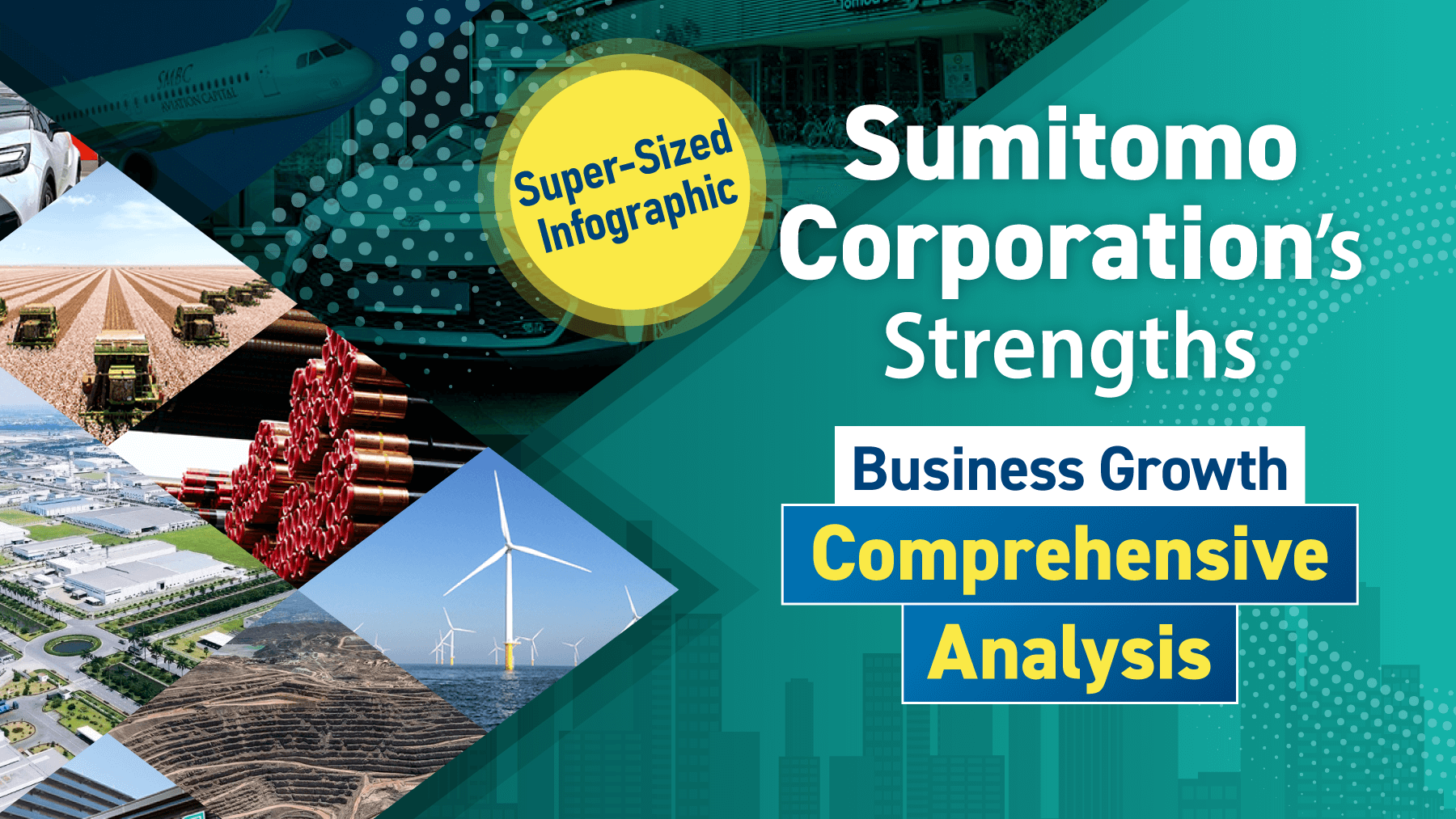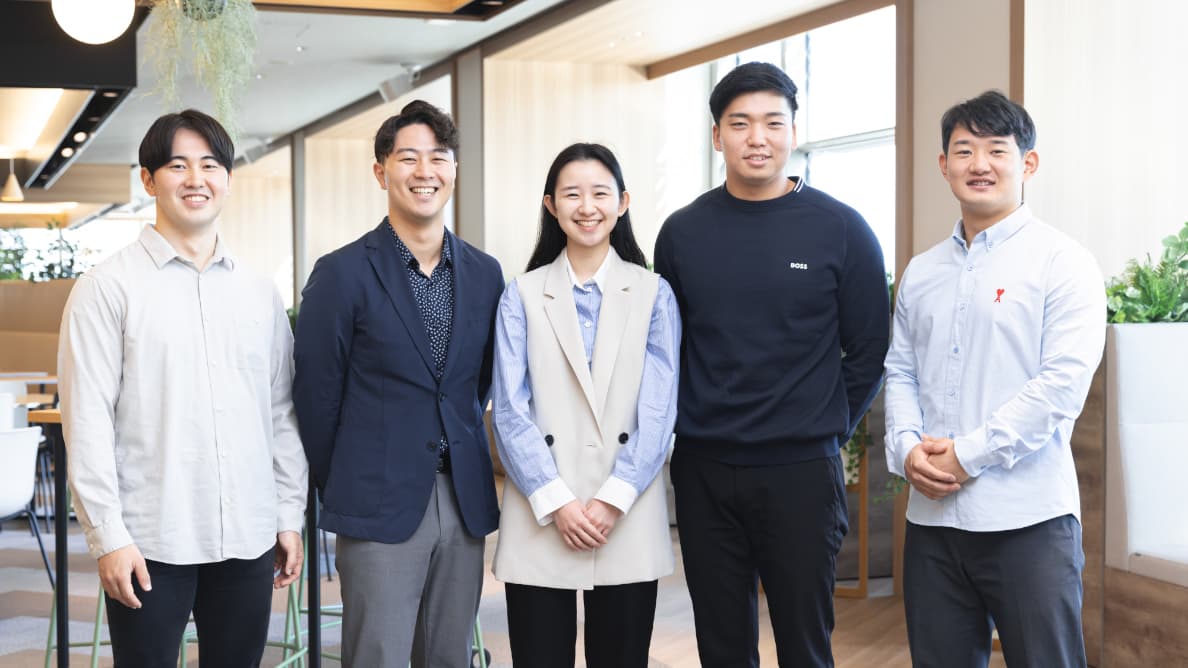
- TOP
- Enriching+TOP
- Is experience overseas necessary? What's the difference between new graduate recruitment and mid-career recuruitment? Recruiters answer 10 popular questions about mid-career hiring
2024.10.18
Culture
Is experience overseas necessary? What's the difference between new graduate recruitment and mid-career recuruitment? Recruiters answer 10 popular questions about mid-career hiring
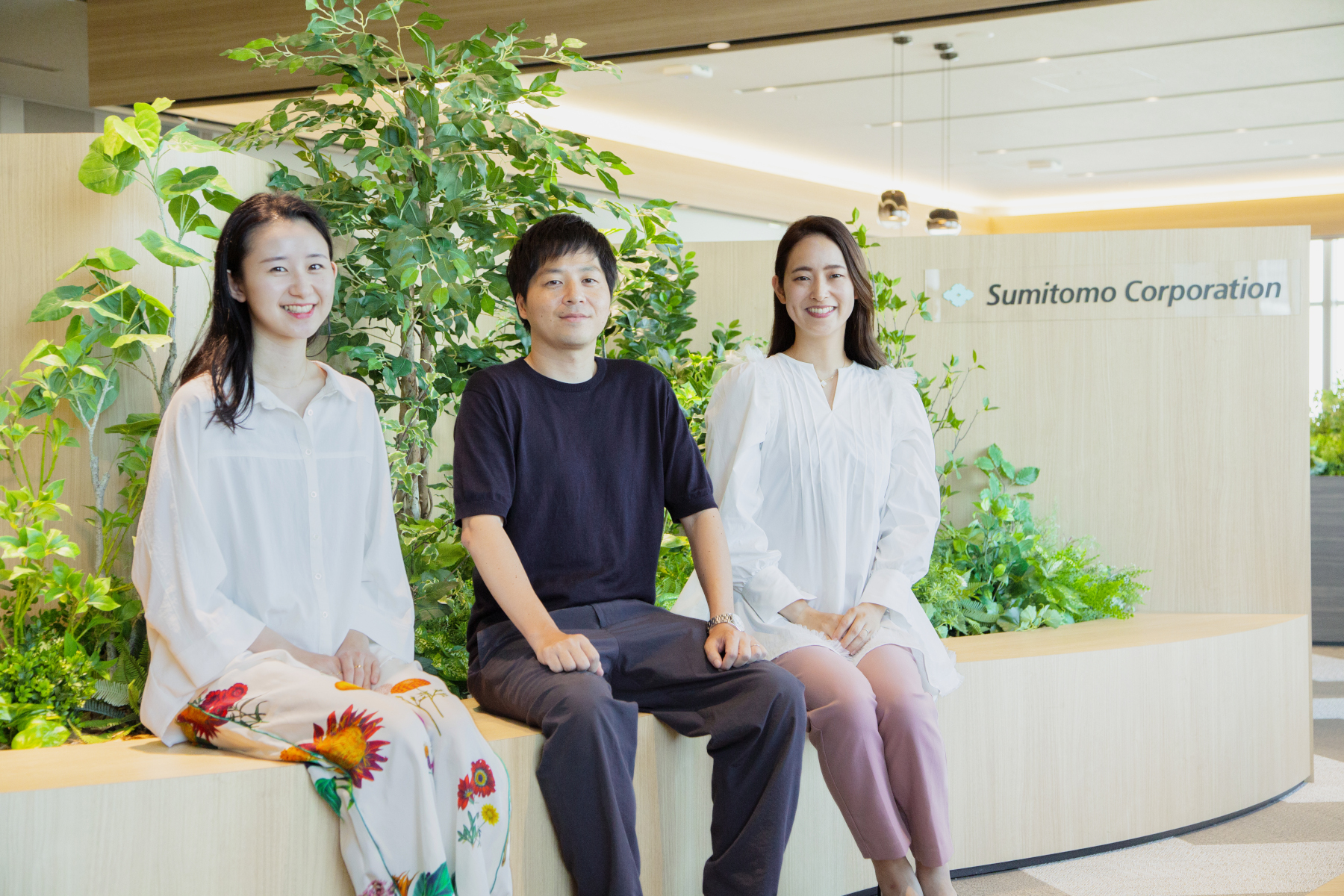
Lately, Sumitomo Corporation has been actively recruiting mid-career hires, and the ratio of mid-career hires to all hires (including new graduates and mid-career hires) exceeded 40% in fiscal 2023. Anyone considering applying for a position at Sumitomo Corporation must be having lots of questions about the company. To shed some light on the subject, our career recruiters shared their thoughts on 10 questions most commonly asked by job seekers.
-
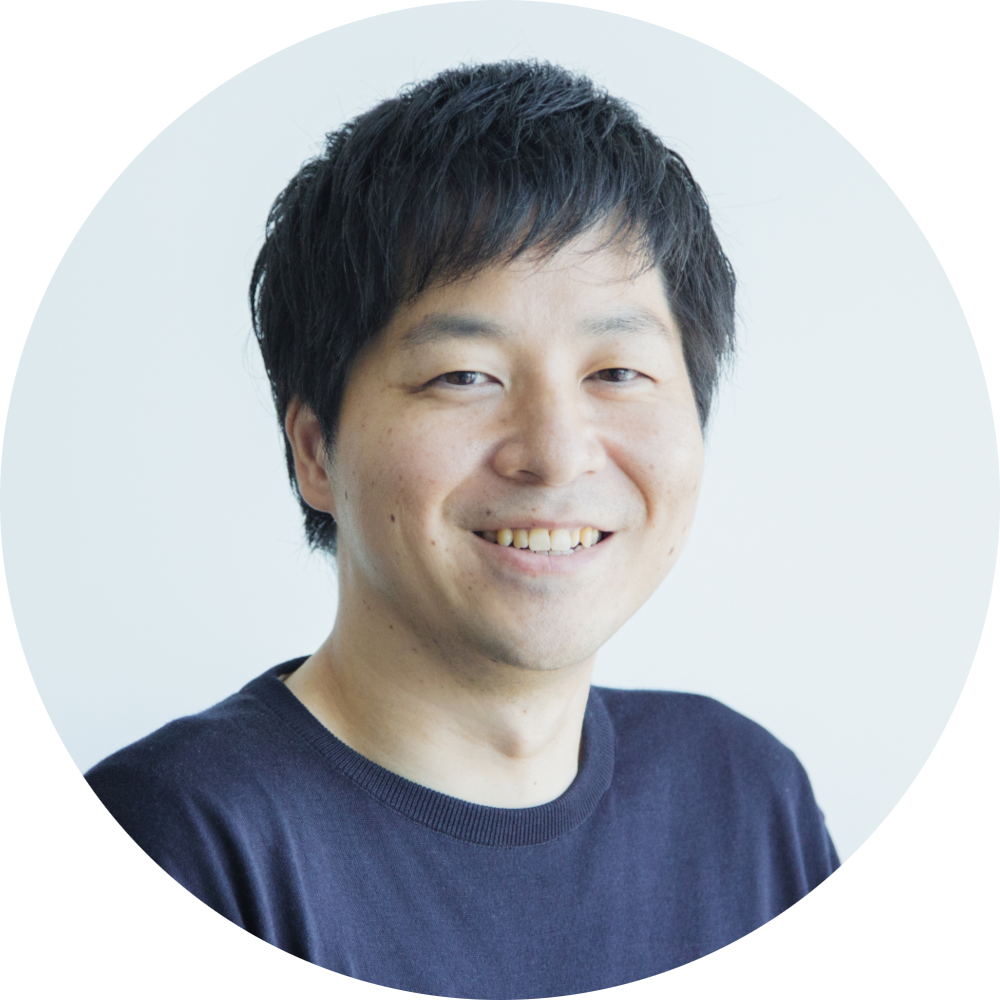
Head of Professional Talent Acquisition Team, HR Strategy Dept.
Kosuke Imayama
After joining Sumitomo Corporation as a new graduate, Kosuke has contributed to HR operations in many different ways. He has been stationed in Singapore, assisted with the HR side of telecommunication projects in Myanmar and Ethiopia, and from FY2024 has overseen mid-career recruitment and internal job posting.
-

Professional Talent Acquisition Team, HR Strategy Dept.
Rina Hayashi
Rina joined the company in 2016 as a new graduate, when she was assigned to her current position on the recruiting team. She has been extensively involved in recruiting operations, including hiring new graduates, people with disabilities and mid-career candidates. At present, she is mainly in charge of recruitment branding and designing the selection process for career recruitment.
-

Professional Talent Acquisition Team, HR Strategy Dept.
Yuzuki Nakano
Yuzuki joined the company in 2021 as a new graduate. After joining the company as a new graduate recruiter, she worked on the selection process, alongside planning and execution of PR work such as internships and seminars. Since 2024, she has overseen branding through recruitment and mid-career recruiting.

- Q1. Is overseas experience, such as being stationed overseas, going on business trips, or studying abroad, required when applying?
- Q2. What career paths are available for mid-career hires?
- Q3. Do employees have opportunities to interact with each other after joining the company?
- Q4. I am concerned about being able to balance work with childcare and nursing care. Does Sumitomo Corporation have such support systems?
- Q5. What points do you pay special attention to during mid-career recruitment interviews?
- Q6. Do mid-career hires have any disadvantages in evaluation or promotion compared to new graduates?
- Q7. Can I take paid leaves whenever I want? Is it possible to take an extended one?
- Q8. Can I have a second job?
- Q9. I understand that you have a free dress code. What kind of clothes do people wear to work?
- Q10. If I am rejected once in the selection process, can I try again?
Q1. Is overseas experience, such as being stationed overseas, going on business trips, or studying abroad, required when applying?
A. No, overseas experience is not a mandatory requirement.
Hayashi Some departments within Sumitomo Corporation don't have a great deal of contact with overseas clients, so people without experience overseas certainly join the company too. That said, many people who aspire to change jobs at our company are motivated to work globally and are interested in working overseas in general.
Nakano Depending on the type of job and position, the candidate might need practical English skills or experience negotiating with foreign companies. TOEIC scores are sometimes listed as a guide, but this is only one factor in our hiring criteria. TOEIC scores alone don't determine whether the candidate will be accepted or rejected.

Q2. What career paths are available for mid-career hires?
A. As with new graduate hires, there isn't a standardized career path; each person can develop their career as they wish.
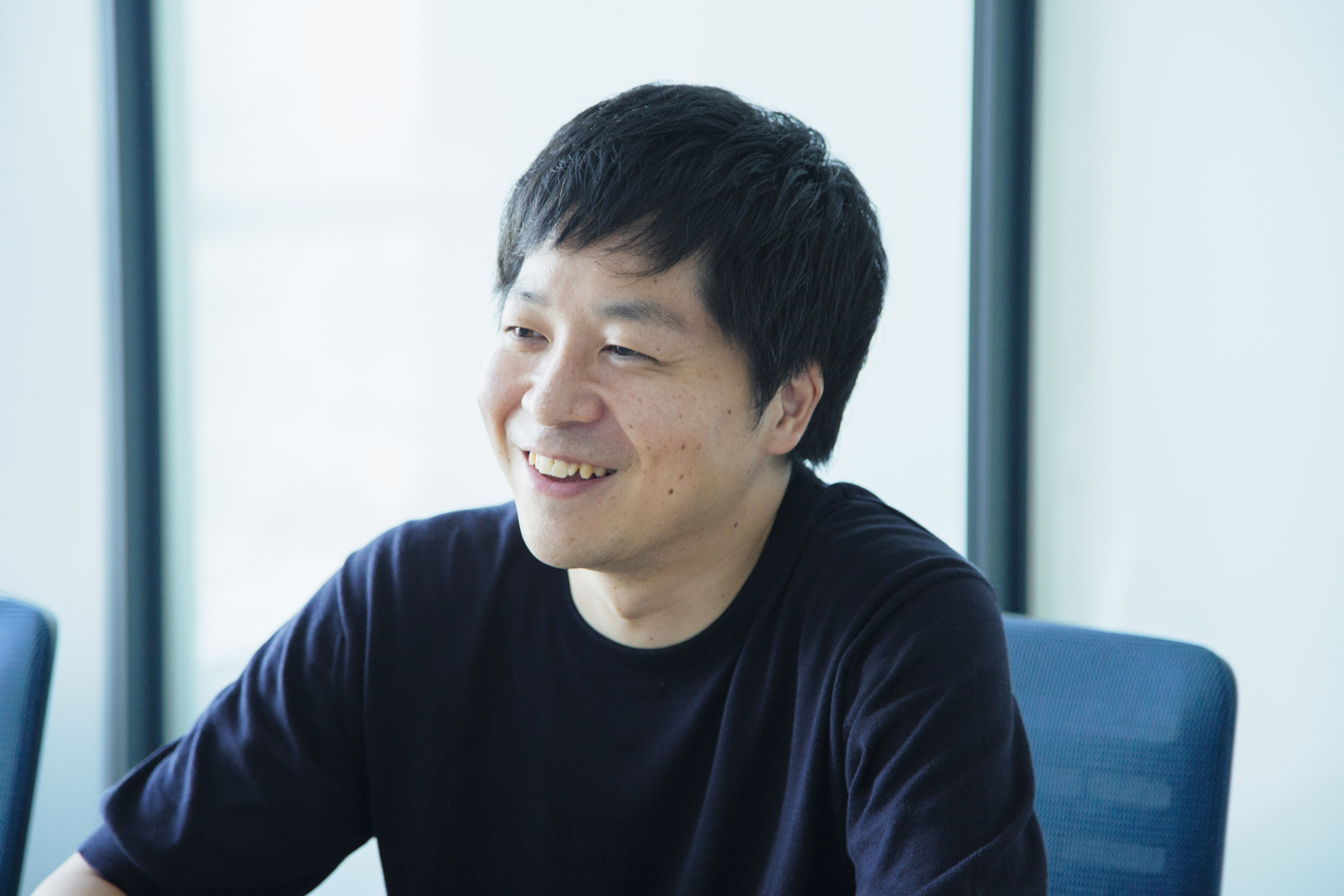
Imayama For mid-career hires, since they join the company based on their past experience, skills and expertise, they first demonstrate their abilities in the department in which they are hired. After that, some of them work in the same department or related departments in Japan or overseas to gain further expertise. Rotations across different business groups also happen. Some people use the system of internal job posting to realize a transfer to a different department in a different business field where they have experienced.
Nakano We have also introduced a double-track grading system for managers, including the “Expert job Groups (E job groups)” that demonstrate high levels of creativity and expertise, and the “Management job groups (M job groups)” that are responsible for organizational management. These two paths mean that candidates don’t need to conform to a one-size-fits-all career path, but rather can find their path career through communication with their supervisor about what they want, based on their own preferences, strengths and aptitudes. In fact, some of our employees have made a career by moving between E and M job groups. Regardless whether a candidate is hired as a new graduate or a mid-career hire, they can develop their career autonomously.
Q3. Do employees have opportunities to interact with each other after joining the company?
A. Yes, we provide opportunities for exchange and training, whether on a company-wide scale or within a group or team.
Nakano We have improved our onboarding process as the percentage of mid-career hires have increased. We want mid-career hires to feel as comfortable working with us as new graduates do, and we've worked hard to build intra-company networks. For example, we use a supporter system that makes it possible to be assigned to someone who is not necessarily on your team. After joining the company, each employee is assigned to an employee supporter that assists with daily consultation and networking required for business operations.

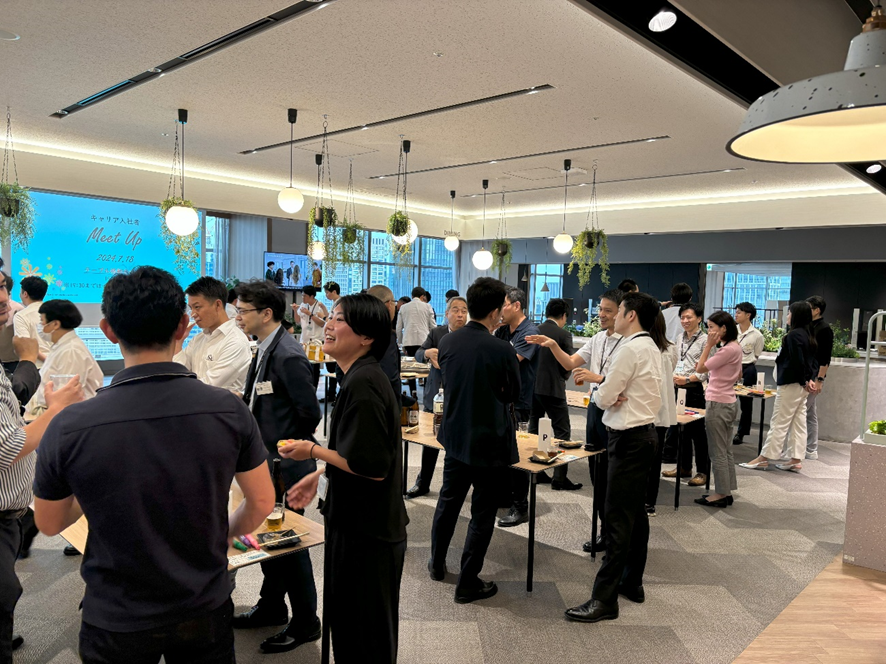
Imayama To provide a forum for exchanging ideas and opinions, we hold company-wide roundtable discussions with people who joined the company at similar times. This year for the first time, we held a meetup for all mid-career hires in the company, from those who joined the company that month to those who joined decades ago. About 130 people came together in the cafeteria to socialize over snacks and drinks.
Nakano I've also heard that new businesses transcending individual business groups have been created through this kind of interaction among employees. I think these things are only possible through Sumitomo Corporation's existence as an integrated trading company.
Q4. I am concerned about being able to balance work with childcare and nursing care. Does Sumitomo Corporation have such support systems?
A. Yes, we offer nursing absence and shortened working hour programs, alongside seminars and other forms of support from our partner companies.
Hayashi I personally use the childcare support system, which gives me flexibility in my work. I appreciate child nursing leave, which is up to five days a year in addition to paid leave. I use this benefit when I need a day off because my child gets sick. Also, while many companies offer shorter working hours until children are in the fourth grade or so, Sumitomo Corporation allows employees to work up to two hours less until their children are in the sixth grade.
Our unique childcare support also includes partnerships with childcare facilities and childcare consultant services. When I returned to work after maternity leave, I had trouble finding a daycare center, but I was able to enroll in a childcare facility affiliated to the company and successfully returned to work. The childcare consultants are very trustworthy, and offer friendly advice on issues related to childcare facilities and childcare itself.
Nakano For nursing care, Sumitomo Corporation has a wide range of support systems, including a nursing absence system and shorter working hours. We also hold regular seminars and consultations for anyone with concerns about nursing care.
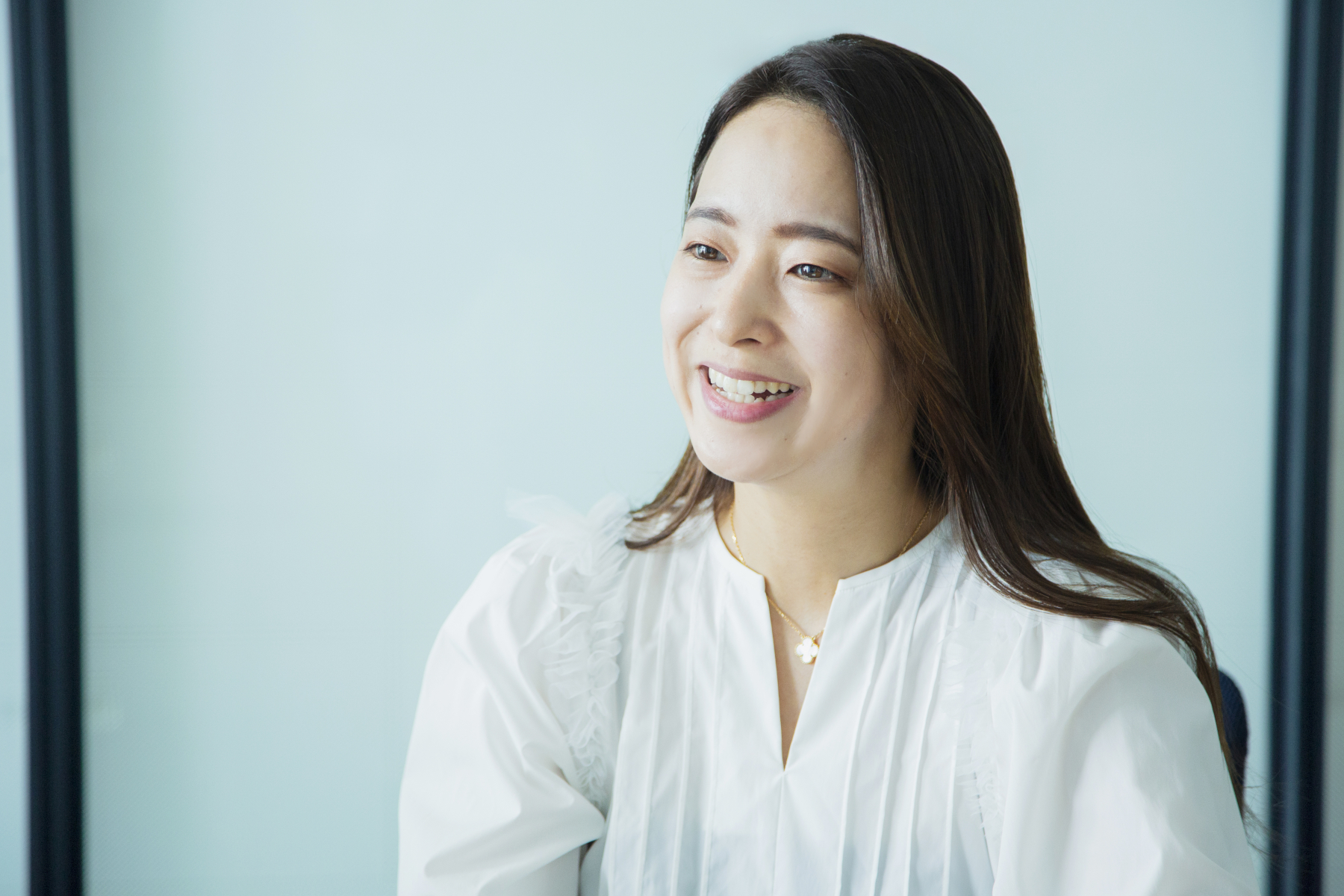
Q5. What points do you pay special attention to during mid-career recruitment interviews?
A. We make sure that candidates emphasize with and agree to our management philosophy and action guidelines, and that they have the experience, skills and expertise necessary to promote the business strategies of the hiring department, and that their career vision after joining the company matches ours.
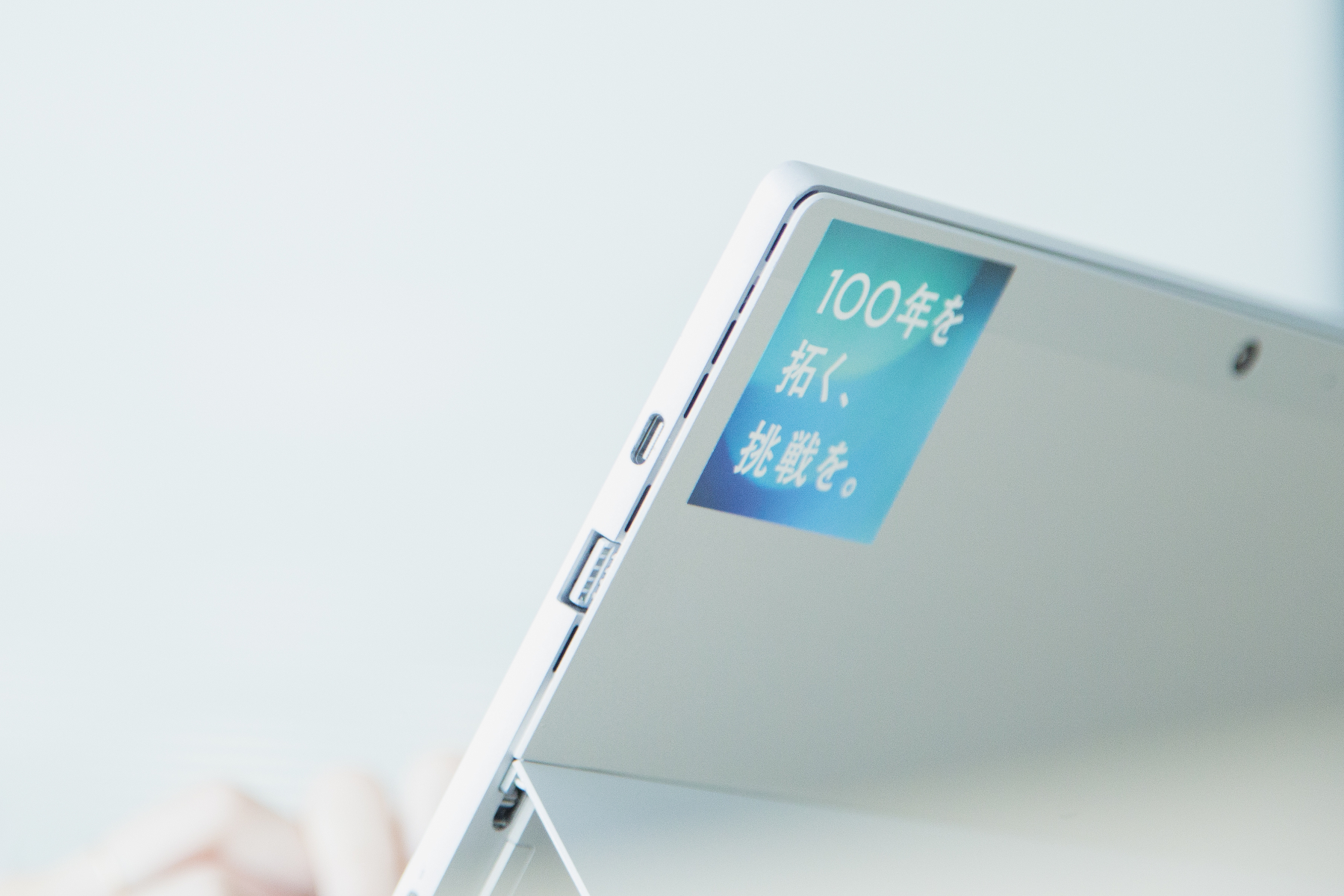
Imayama It's important that candidates emphasize with and agree to our management philosophy and action guidelines. We also conduct career recruitment when we don't have enough talent in the company with the requisite experience, skills and expertise to promote our business strategy, or when it would take time for an employee to develop them. For these reasons, in interviews we confirm whether or not the candidate has these skills. Leaders and members from the section where the candidate will be assigned participate in the interview process, so they can confirm if the candidate's career vision after joining the company is realistic.
Hayashi In a post-employment survey of our career hires, when we asked why they joined the company, the most common response was "because I was attracted by the nature of the work and career path." This is because they can further hone their experience and skills at our company and work in line with their own career interests. Although people give different reasons for applying, like "I want to work not just selling products, but by connecting people with products," or "While staying in the same industry, I want to work globally by being in charge of overseas transactions," many of them value "what is possible only at Sumitomo Corporation."
Q6. Do mid-career hires have any disadvantages in evaluation or promotion compared to new graduates?
A. No, mid-career hires do not face disadvantages in any way compared to new graduate hires.
Imayama We revised our personnel system in April 2021. To this end, we eliminated seniority-based management system and introduced a system of assigning job grades based on the difficulty and importance of each jobs. Furthermore, the evaluation system was changed from relative to absolute evaluation, whereby supervisors evaluate each of their employee's performance face to face considering their respective jobs. For this reason, it doesn't matter when the candidate joined the company or whether they're a new graduate or a mid-career hire. In addition to revisions to the personnel system, we are also focusing on onboarding initiatives so that mid-career hires can fully demonstrate their strengths by utilizing their diverse experience, skills and expertise.
Q7. Can I take paid leaves whenever I want? Is it possible to take an extended one?
A. Yes, paid leaves and longer one can be taken subject to the business circumstances.
Hayashi Employees are given 20 days annual paid leaves per year. (Those who join during the fiscal year will be granted paid leaves based on the month they join the company.) We have the environment where team members can take flexible vacations while coordinating with each other. I think the atmosphere here encourages people to take proper rest when they need it, and awareness of a good work-life balance is deeply rooted in the company. Some people take a few extra days off along with public holidays to visit colleagues stationed abroad. This is a kind of holiday that only an integrated trading and business investment company can provide. Since managers take their vacations, employees are more likely to take ample days off as well.
Q8. Can I have a second job?
A. Yes, if you apply for it and obtain approval.
Nakano Employees can take a side job sujbect to approval from the company. This allows them to gain diverse experience, knowledge and contacts that are difficult to obtain through their main job, and also contributes to self-directed career development. Examples of second jobs have included pilates instructor, visiting professor at a university, book publisher, column writer for a website and language teacher. Everyone at Sumitomo Corporation is active in diverse fields, leveraging their unique skills and knowledge.
Q9. I understand that you have a free dress code. What kind of clothes do people wear to work?
A. Any type of dress is acceptable, as long as it is within the bounds of common sense for workplace attire and in accordance with TPO (time, place, occasion).
Hayashi Basically, it's up to you, but each department tends to have their own style. Jeans are acceptable, so some employees dress casually, while others like to wear suits. As long as you consider TPO and perform well, we have a lot of freedom in terms of clothing and appearance.

Q10. If I am rejected once in the selection process, can I try again?
A. Yes, those who were unsuccessful in the selection process for new graduates or mid-career hires may try again.
Imayama Required skills, experience and expertise differ by department, so there have been cases where a candidate was not selected for one department but was hired by another. Even for the same department, the requirements may change depending on the progress of the business strategy and other factors, so we encourage you to apply again even if you were not selected first time around. Diversity is key to our future growth. We are always looking for mid-career recruits across many departments, and we'd love to hear from anyone interested in joining Sumitomo Corporation.


